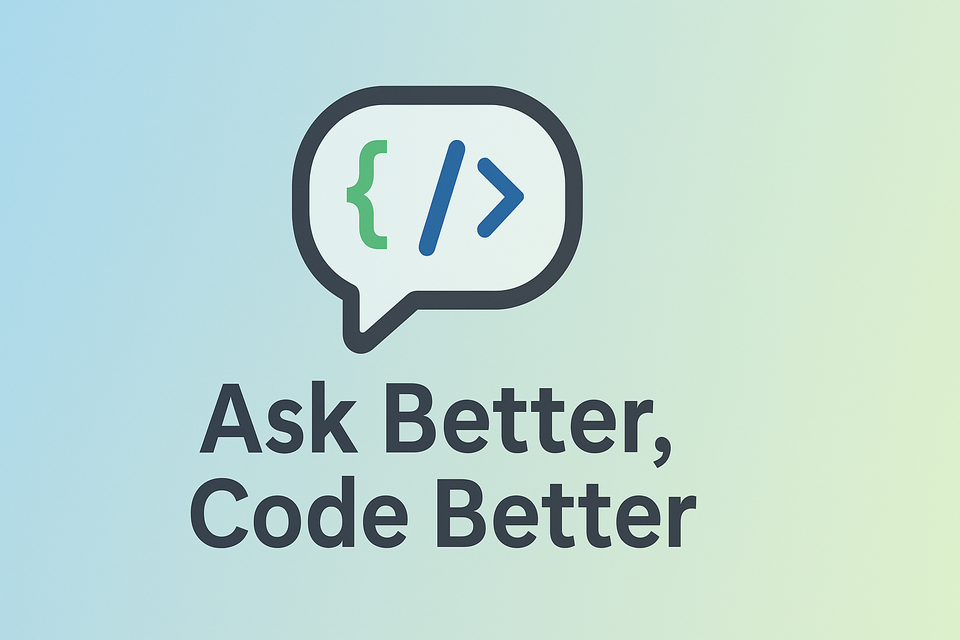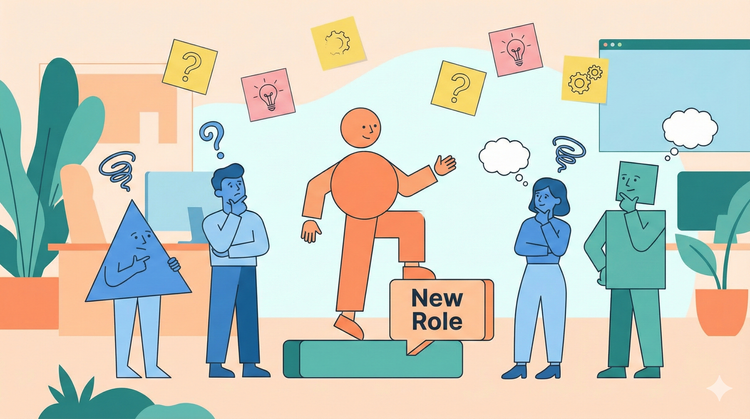Ask Better, Code Better: Mastering the Art of Seeking Help

As developers, we're frequently confronted with complex problems, obscure bugs, and tough coding decisions. While independence and self-reliance are valuable skills, knowing how and when to ask for help is crucial for professional growth and project success.
Here are some guidelines on how developers can effectively ask for help, making sure they receive clear, useful, and timely responses:
1. Clearly State Your Goal
Start by clearly describing what you're trying to accomplish. Provide context to help others understand the bigger picture:
Good: "I'm trying to implement authentication using JWT tokens in my Node.js application."
Bad: "My login doesn't work."
2. Explain What You've Tried So Far
Detail the solutions you've attempted and the results you've observed. This demonstrates effort, aids troubleshooting, and avoids repeating advice you've already considered:
Good: "I've followed the official documentation for JWT setup and verified the tokens are generated correctly, but the middleware isn't validating them."
Bad: "I tried everything, nothing works."
3. Provide Relevant Code and Errors
Include concise snippets of relevant code and exact error messages. This provides crucial information that speeds up diagnosis:
Good: "Here's the middleware function I'm using and the specific error message from the console."
Bad: "The app crashes."
4. Be Specific About Your Environment
Clarify the frameworks, versions, operating systems, and tools involved. Environment-specific issues are common in software development:
Good: "I'm using Express 4.18.3, Node.js v20.4, and Postgres 15.2 on Ubuntu."
Bad: "It works locally but breaks in production."
5. Outline Your Hypotheses
If you have theories about what's causing the issue, share them. This shows critical thinking and helps narrow down potential solutions:
Good: "I suspect the middleware isn't correctly parsing the authorization header because of an incorrect regex pattern."
Bad: "I have no clue what's happening."
6. Be Open and Responsive
After posting your question, actively engage with responses. Clarify details, respond promptly, and show appreciation for the help you receive:
Good: "Thanks for the tip! Adjusting the regex solved the problem."
Bad: Not responding or ignoring provided suggestions.
By following these guidelines, you'll improve your ability to effectively communicate challenges, making you a better developer and a valued team member. Asking for help is not a weakness—it's a key part of growth and collaboration in software development.
Hey, since you made it this far, you might actually care about becoming a better leader.
Good news: I wrote an ebook that’ll help you skip years of trial and error.





Comments ()